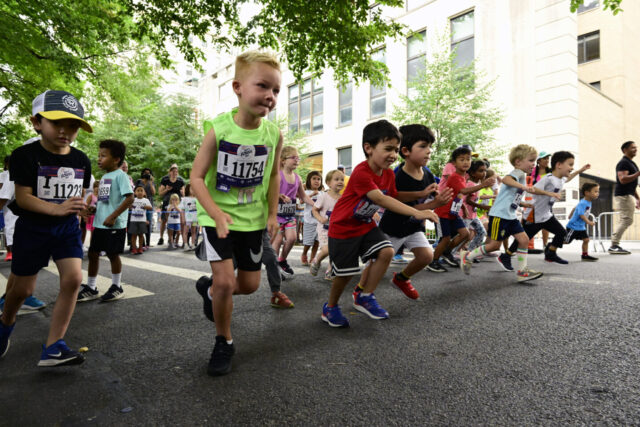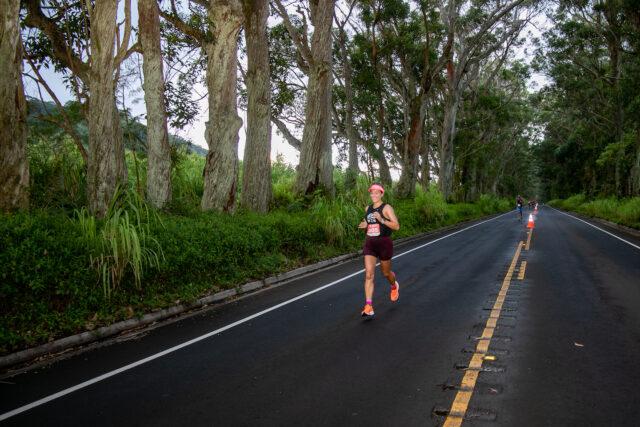Lucie Murray never intended to become an expert in how to produce a great kids run. But as she headed up a training team for moms over a decade ago, the Southern California fitness professional became just that. In 2009, she founded Run Kids Run, a consulting and event management company focused completely on events’ youngest participants.
Like so many in the industry, over the last year Murray had the chance to reflect on all she’s accomplished and look for ways to contribute on a broader scale. As a result, she has authored a white paper featuring essential best practices for kids runs, which is now available for Running USA members to download (scroll down to view and save).
“I believe that with well-planned events, we can bring so many more kids into the running community. Parents will feel better about bringing them, kids will have a better time running and they will want to do it again,” Murray said. And isn’t that every race director’s dream? Not only do you encourage a parent to return next year if their child has a positive experience, but your future half marathon participant could be that very child.
Why kids runs are different
For many small to medium-sized events, including a kids run can seem like a necessary afterthought. A good idea to involve more members of runner’s family, surely. But a piece of the event that requires its own section of the operations manual? Not necessarily.
Murray sees it differently, especially when it comes to the planning involved.
“If you don’t put a lot of attention into a kids run, it can go horribly wrong. And it doesn’t take much,” she said. “I always say to race directors that if an adult goes off the main course and gets lost, they’re going to come back and probably be mad. But if a kid goes off the course and gets lost, that’s a whole different thing.”
The solution is simple: make a plan that adheres to industry best practices. Pre-pandemic, Murray advised around 30 events a year on their kids runs of 50 to 500 participants, most of them in Southern California. Clients include major industry players like the McCourt Sports Foundation (producers of the LA Marathon, LA Big 5K and others) as well as the Pasadena Triathlon, Surf City Marathon, and the Pier 360 Beach Festival.
After observing the best and worst kids runs for more than 10 years, here are a few of Murray’s takeaways for any race director:
- Exposure to running events is a way for kids to expand their world view. Most will have never experienced a mass participation sport before. The impact can be positive and even life-changing.
- Intentional kids runs are great kids runs. Avoid just checking the box and including a youth event because you feel like you have to.
- Marketing your kids run helps you market your entire event. Utilizing media, blogs and social media channels focused on families will attract a much broader audience than just kids.
- That family audience is also attractive to potential sponsors. “It might be a really nice entry level option for a sponsor who isn’t able to help with the main event, but wants to connect to the community,” Murray said.
- Kids runs are a long-term investment. A positive experience at your race now may create a participant for decades to come.
- The medal is a must, and don’t skimp on ordering. A five-year-old who just sprinted 1K will treasure that medal more than anyone – and will be in tears if there is no special reward
Post-pandemic should be a boom time for kids running events, Murray believes. And virtual events will continue to be an excellent alternative for parents who aren’t yet ready to let their kids run with a crowd of strangers. “I think there’s going to be such an interest in getting kids out and running and moving again. I say, let’s welcome all of them. I think we’re going to have a lot more people participating,” she said. That being said, ready to put on your best kids run ever?



